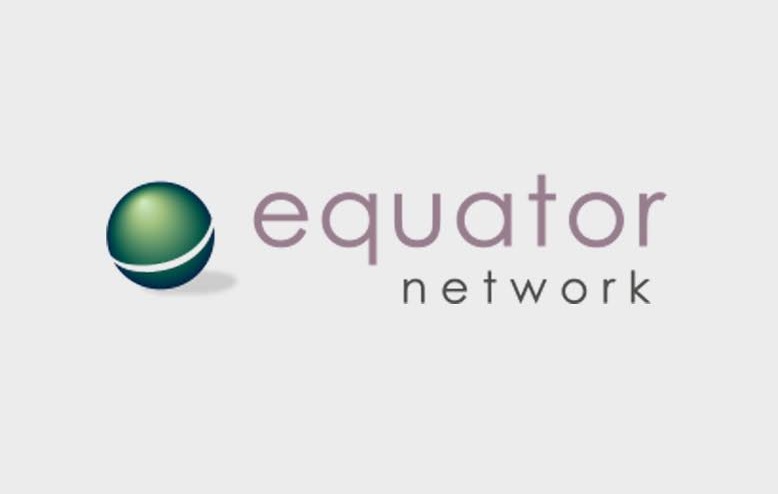Access the EQUATOR Network’s set of reporting guidelines!

The EQUATOR Network (Enhancing the QUAlity and Transparency Of health Research) is a global initiative that promotes the quality and transparency of health research. The reporting guidelines provided by the network aim to improve the transparency and accuracy of health research. They offer checklists and instructions for reporting different types of studies, ensuring that results can be understood, replicated, and used in clinical decision-making. The main goal is to help researchers communicate their studies clearly and thoroughly, facilitating the evaluation and synthesis of scientific evidence.
IJCS adheres to international recommendations for reporting health research and requires authors to follow the specific guidelines according to the type of study submitted.
Examples of recognized guidelines include:
- CONSORT for randomized clinical trials
- STROBE for observational studies (cohort, case-control, and cross-sectional)
- PRISMA for systematic reviews and meta-analyses
- STARD for diagnostic accuracy studies
- SQUIRE for quality improvement reports
- ARRIVE for studies involving animal models
- CARE for case reports
- MOOSE for observational studies in epidemiology
- CHEERS for economic evaluations
The full list of recommended guidelines is available on the EQUATOR Network website. Compliance with these standards is part of the editorial process and may be requested by the editorial team or peer reviewers during manuscript evaluation.
